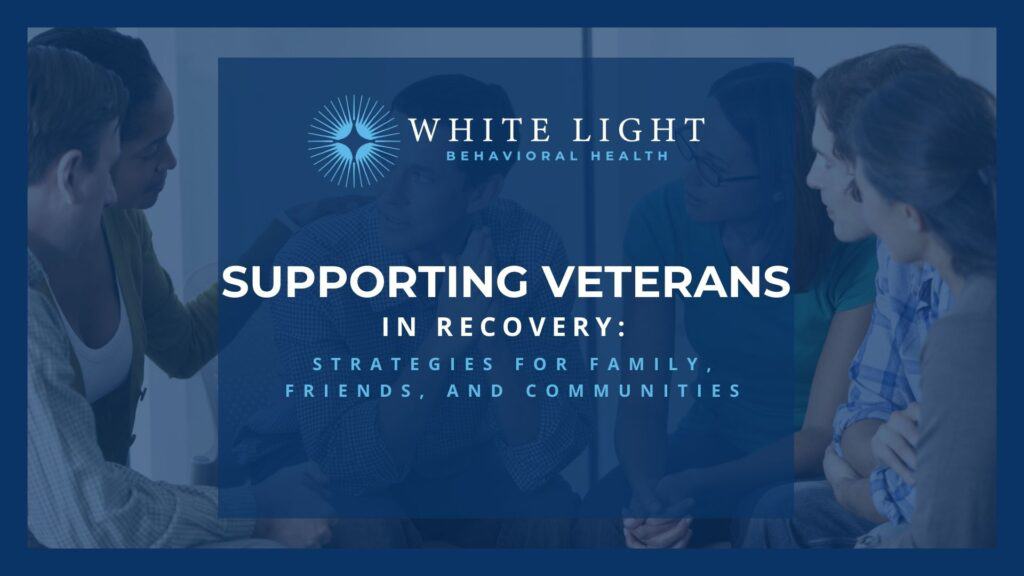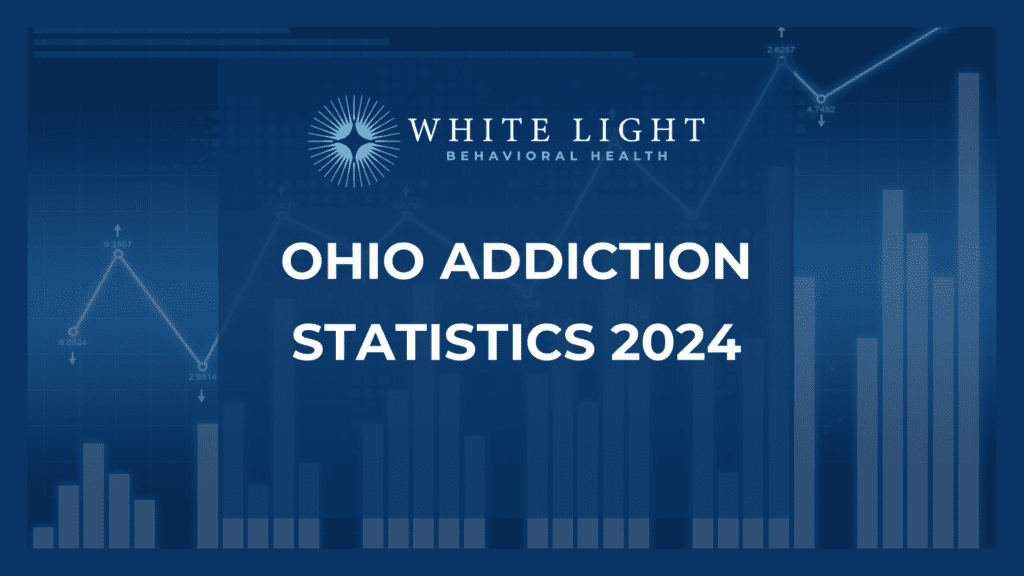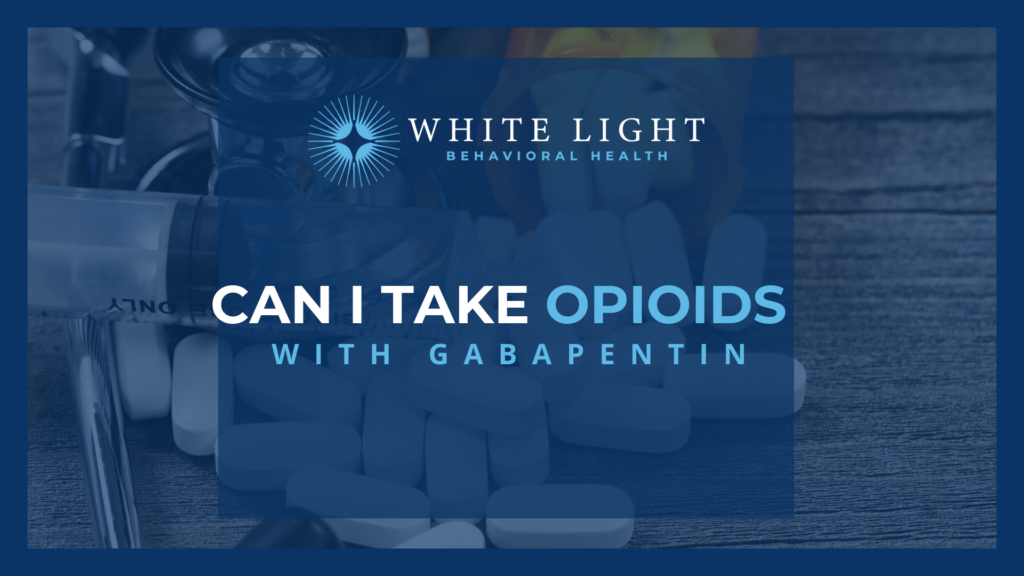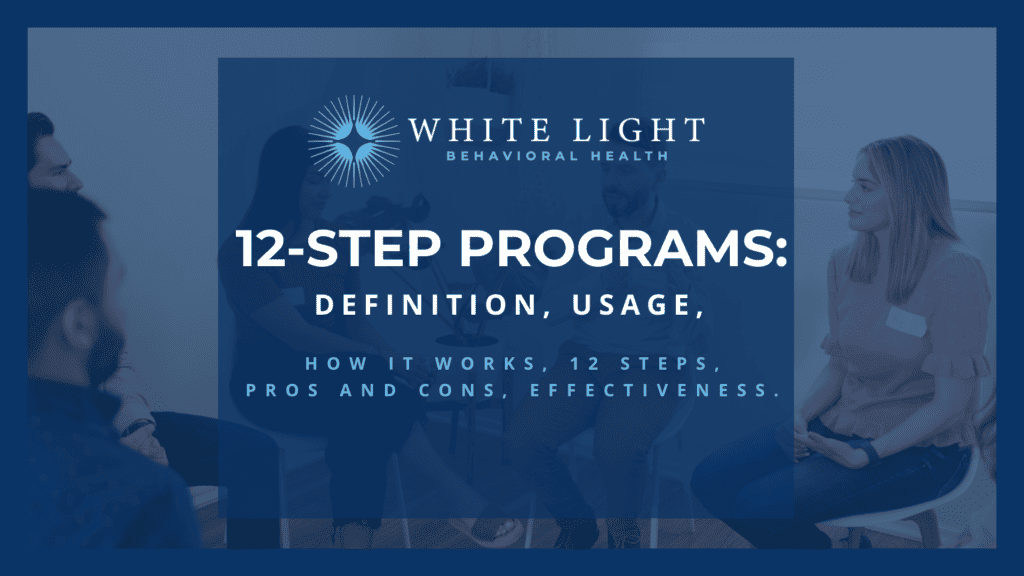When a veteran struggles with mental health or addiction challenges, their friends, family members, and communities can play a crucial role in supporting their recovery. However, many people may not know where to start or what to do to best support their loved ones. In this article, we will explore some strategies for supporting veterans in recovery, including advocating for access to quality care, providing emotional support, and promoting self-care.
Advocating for Access to Quality Care
One of the most important ways that friends, family members, and communities can support veterans in recovery is by advocating for access to quality mental health and addiction care. Unfortunately, many veterans face significant barriers to accessing care, including long wait times, lack of resources, and bureaucratic obstacles within the VA system. To support veterans in getting the care they need, it’s important to:
- Be an Advocate: Whether it’s contacting your elected officials to voice your support for improved access to mental health and addiction services, or helping your loved one navigate the VA system, there are many ways to advocate for access to quality care.
- Connect with Resources: There are many resources available to help veterans access mental health and addiction services, including the VA’s Veterans Crisis Line, which offers confidential support and referrals to local resources.
- Educate Yourself: It’s important to educate yourself on the various treatment options available to veterans, including evidence-based therapies like Cognitive Behavioral Therapy (CBT) and Dialectical Behavioral Therapy (DBT), as well as medication-assisted treatment (MAT) for addiction.
Providing Emotional Support
In addition to advocating for access to care, friends, family members, and communities can provide valuable emotional support to veterans in recovery. Here are some strategies for providing emotional support:
- Listen Without Judgment: It’s important to create a safe and non-judgmental space for veterans to share their thoughts and feelings. Listen attentively and let them know that you are there to support them.
- Offer Encouragement: Recovery can be a long and difficult journey, and veterans need to know that they are not alone. Offer words of encouragement and remind them of their strengths and resilience.
- Be Patient: Recovery is a process, and it’s important to be patient and understanding as your loved one navigates the ups and downs of their journey.
Promoting Self-Care
Finally, promoting self-care is an important strategy for supporting veterans in recovery. Here are some ways to promote self-care:
- Encourage Healthy Habits: Eating a healthy diet, exercising regularly, and getting enough sleep are all important for promoting mental and physical well-being.
- Practice Mindfulness: Mindfulness techniques like meditation, deep breathing, and yoga can help veterans manage stress and improve their mental health.
- Encourage Hobbies and Activities: Engaging in hobbies and activities that bring joy and a sense of accomplishment can be a great way for veterans to practice self-care and boost their self-esteem.
Supporting veterans in recovery is a complex and multifaceted process, but it is also a deeply rewarding one. By advocating for access to quality care, providing emotional support, and promoting self-care, friends, family members, and communities can play an important role in helping veterans achieve lasting recovery from mental health and addiction challenges. With patience, compassion, and a commitment to supporting their loved ones, anyone can make a meaningful difference in the lives of veterans in recovery.
At White Light Behavioral Health, we are committed to promoting mental health and supporting veterans in crisis. With a commitment to promoting mental health and supporting veterans in crisis, we can help to create a brighter future for those who have served our country.

Share This Post



